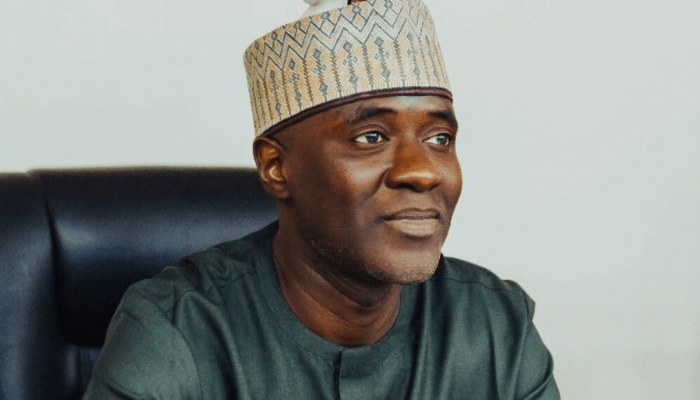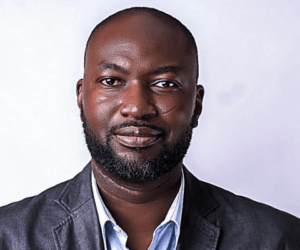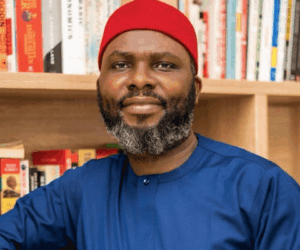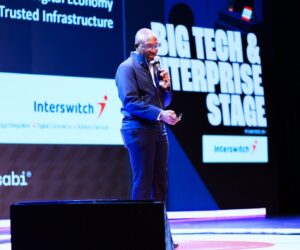The Nigerian Communications Commission (NCC) has warned that Africa’s ambition to compete in an artificial intelligence-driven global economy is under serious threat unless governments, operators, cloud providers, and technology leaders urgently close the continent’s widening compute, data, and algorithmic divides.
Speaking at the Africa Hyperscalers high-level virtual forum, Aminu Maida, the executive vice chairman of the Nigerian Communications Commission (NCC), said Africa is at a decisive moment where digital infrastructure will determine whether the continent becomes a creator of AI innovation or remains a passive consumer of technologies built elsewhere.
Delivering the keynote address titled “AI-Ready Africa: Building the Compute, Cloud and Connectivity Foundations for the Next Digital Leap,” Maida described AI as part of the basic infrastructure of competitiveness, just like roads, power and ports.
He warned that without strategic investment in compute power, local data systems, and Africa-relevant models, the region risks being locked out of the next industrial shift.
“We risk being stuck as AI consumers, not AI creators. The countries that build the right foundations will unlock new productivity, new jobs, and new opportunities. Those that fail will simply consume other people’s innovations instead of shaping theirs,” he said.
Maida highlighted three critical gaps: The compute divide, driven by limited high-performance computing and data centre capacity; the algorithmic divide, in which African languages, environments and contexts remain largely absent from global AI models; and the data divide, where sensitive datasets are often fragmented, inaccessible, or governed offshore.
He reiterated the NCC’s commitment to expanding national connectivity, encouraging cloud adoption, strengthening cybersecurity, promoting open-access frameworks, and enabling the local development of trusted, interoperable datasets. “The digital future is a shared future,” he emphasized, calling for deeper collaboration between regulators, operators, hyperscalers and infrastructure providers.
The Association of Telecommunications Companies of Nigeria (ATCON) echoed this urgency. Its president, Tony Emoekpere, said AI is no longer aspirational in telecoms, pointing to opportunities in predictive maintenance, customer engagement, network optimisation and operational intelligence. But he warned that progress will stall without stronger industry coordination and investment in next-generation networks.
A keynote panel featuring leaders from MTN Nigeria, Tizeti, NITDA, IHS Towers, Vertiv, and Open Access Data Centres explored the practical foundations that must be built to support AI-ready networks.
For instance, Bukola Ajayi, MTN’s general manager for Architecture and Enterprise IT, stressed that energy and connectivity remain decisive enablers. “If you don’t have connectivity, you can’t even talk about AI,” she said, adding that AI-era data centres require high availability, liquid cooling, and far more resilient power systems.
Vertiv’s Wilson Eigbadon noted that Africa is entering a period where data centres will have to bring their own power, citing the rise of gas corridors and decentralised energy solutions as potential stabilisers.
IHS Towers’ Mike Salem underscored that no company or country can build AI infrastructure alone, arguing that Africa’s progress depends on an ecosystem approach: “Collaboration is not optional.”
Talent development also emerged as a pressing priority. Dotun Adeoye, co-founder of AI in Nigeria, warned that despite Nigeria’s youthful population, with 63 percent under 25, the continent will fall behind if it does not rapidly train the next generation of AI engineers and infrastructure specialists. “No matter how much we talk about infrastructure or data, we will need local talent to drive this,” he said.
With support from Vertiv and ATCON, the Africa Hyperscalers forum offered a rare multi-sector assessment of the infrastructure, governance and investment frameworks needed to prepare the continent for AI at scale. Participants agreed that closing Africa’s compute, data and algorithmic gaps is now a matter of urgency, and will define the continent’s competitiveness for decades to come.









